prediction
Latest
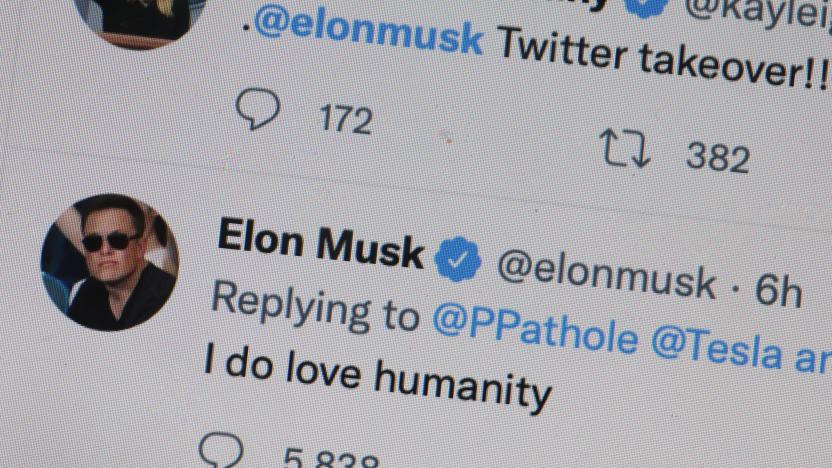
How messy might Twitter get under Musk?
Elon Musk has purchased Twitter for $44 billion on Monday and Engadget's editorial staff has some predictions as to how that might work out for the rest of us.
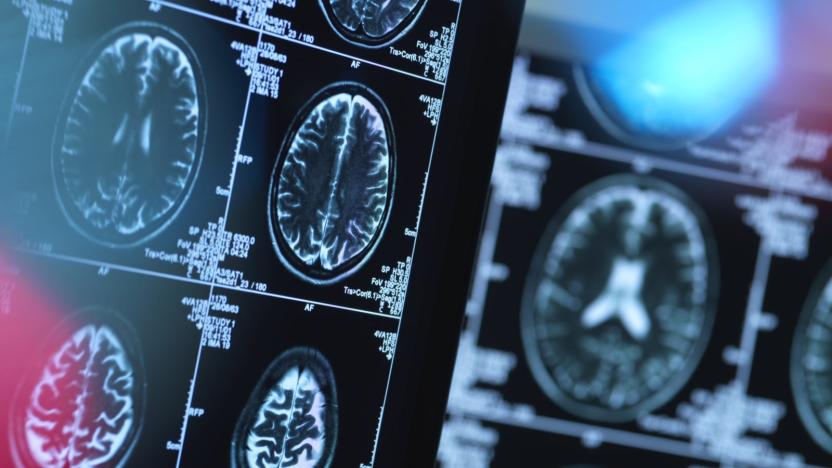
IBM uses AI to predict progress of Huntington's disease symptoms
IBM is using its AI-based health prediction skills to help tackle the challenge of Huntington's disease. The tech firm has teamed up with CHDI Foundation on an artificial intelligence model that can predict when patients will experience Huntington's symptoms and, crucially, determine how rapidly those symptoms will progress. The team used MRI brain scans to train the AI, using signals from white matter (relatively untapped in brain studies) to help the system gauge how cognitive and motor performance will change over time.

App allows citizen scientists to track monarch butterfly migration
If you've ever pulled out your phone to take a picture of a butterfly, researchers want your help. A team from the University of Maine is using an app that lets citizens scientists along the East Coast take photos of monarch butterfly migration sites and log details about where they're found. The responses will be compiled in an online database and help researchers determine if their monarch migration predictions are accurate.
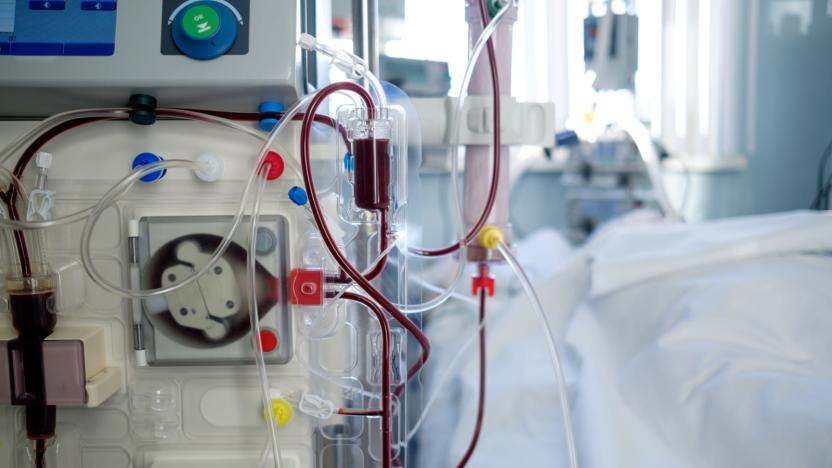
DeepMind AI can predict kidney illness 48 hours before it occurs
Acute Kidney Injury (AKI) kills 500,000 people in the US and 100,000 in the UK annually, often because it's not detected soon enough. Researchers want to use AI to change that. DeepMind, the Alphabet-owned AI company, partnered with the US Department of Veterans Affairs (VA) to develop an AKI prediction algorithm. In a paper published in Nature today, the partners share their findings that the algorithm can predict the presence of AKI up to 48 hours before it happens. The model correctly identified 9 out of 10 patients whose condition worsened to the point that they needed dialysis.
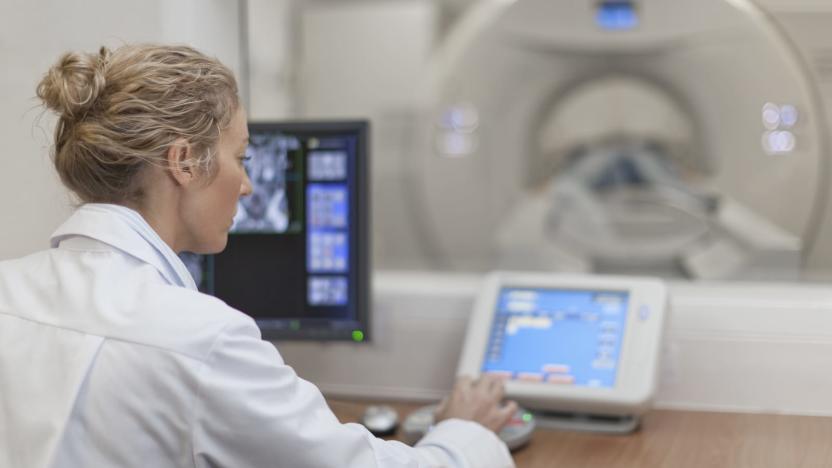
Google trained its AI to predict lung cancer
Of all cancers worldwide, lung cancer is the deadliest. It takes more than 1.7 million lives per year -- more than breast, prostate and colorectal cancer combined. Part of the problem is that the majority of cancers aren't caught until later stages, when interventions tend to be less successful. Google is determined to change that, and with its new AI-based tool, it hopes to make lung cancer prediction more accurate and more accessible.

AI picks your 'perfect' makeup shade without seeing your face
Finding a decent foundation is the Holy Grail of beauty that many makeup-wearers can only dream of. Even if you find something that just kind-of-works for you, chances are you'll stick with it instead of risking spending more on something that won't. But now, tech-focused cosmetics brand IL MAKIAGE says it's developed a shade-matching algorithm that's so effective it can find your perfect tone without even seeing your face.
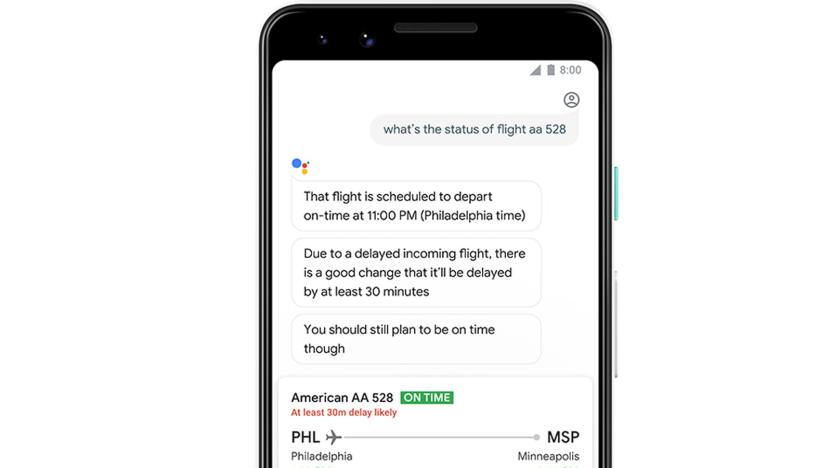
Google Assistant will warn you when it predicts flight delays
Google has predicted flight delays for a while, but only if you've searched for a flight yourself. Wouldn't it be better if it warned you before you packed your bags? It will soon. In addition to bringing delay predictions to Assistant, Google is rolling out proactive warnings over the next few weeks. If your post-holidays return trip is likely to start late, Assistant will both let you know and provide a reason if one is available. You'll know to grab an extra book or TV episode for that longer wait at your gate.

Facebook can predict a musician’s movement using only an audio clip
We're used to seeing the likes of Wii avatars crudely banging at pianos or sawing away at violins, but Facebook is now working on an application that uses music alone to govern the movements of an augmented reality avatar. In other words, input some music, and the avatar will move just like a human pianist or violinist would.
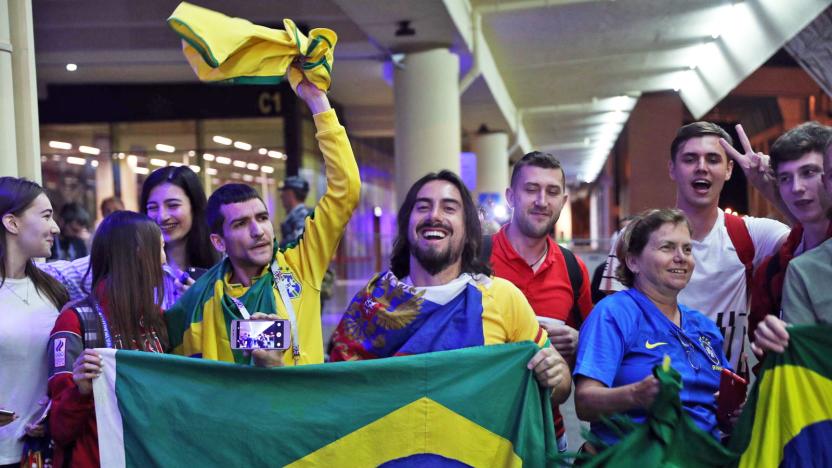
Goldman Sachs’ AI predicts Brazil will win the World Cup
Goldman Sachs is giving another go at predicting which team will win this year's World Cup. After incorrectly predicting how the 2014 tournament would turn out, it's trying again and its calculations say that France, Brazil, Portugal and Germany will make it to the semi-finals with Brazil beating out Germany in the final game.
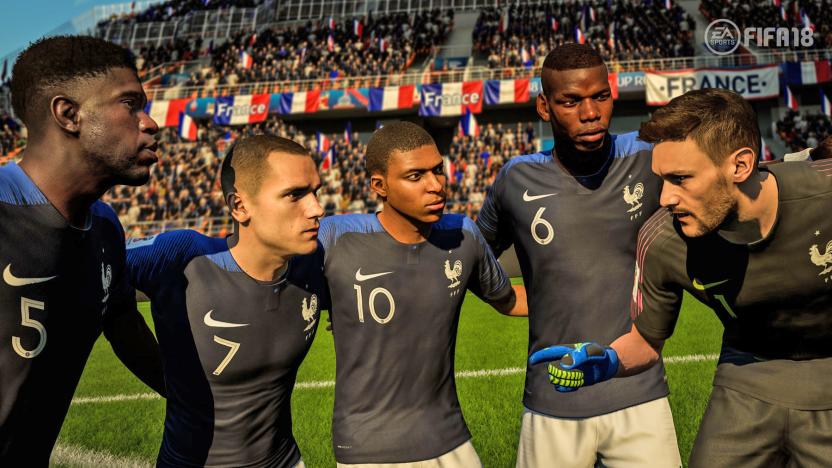
EA Sports picks the winner of this year's World Cup
Predictions are less of a science and more of an art, especially when it comes to high-pressure sporting events where anything can go. EA Sports, with one eye on an attention-grabbing headline, is hoping to prove its bona fides by saying that it has predicted which nation will win this year's World Cup.

Satellites help predict malaria outbreaks months in advance
Malaria is one of the greatest health threats in tropical regions like the Amazon, but predicting its spread is difficult. While it's no secret that mosquitoes prefer warm air and standing pools of water, how do you translate that awareness to a large scale? By getting a little help from orbit, apparently. Researchers are using data from NASA satellites (such as the Landsat series) to predict malaria outbreaks by identifying areas where the soil moisture creates prime breeding grounds for the mosquitoes that transmit malaria. They know that floods and deforestation tend to create mosquito-friendly pools of water -- compare that with fine-grained models of human behavior (say, loggers or miners who work in wet conditions) and you have a unified system that can anticipate outbreaks about 3 months in advance, right down to individual households.

What to expect at Computex 2017
We're pretty much halfway through the year, which means it's Computex time. As usual, you'll find a handful of us running around the Taipei show floors next week, where we'll be getting our hands dirty with the latest PC products and components. Last year was relatively fruitful, thanks to what was then a recent VR explosion. Several PC brands introduced high-end GPUs or affordable ones capable of running VR. Even Intel surprised its hardcore users with its first 10-core desktop CPU. ASUS topped it all off with Zenbo -- an adorable $600 home robot that went on sale in Taiwan earlier this year. This year, however, is bound to be quieter. For one, Microsoft already stole some of Computex's thunder with its own events earlier this month, so we're not expecting anything major from it next week. Intriguingly, HTC Vive has no official presence at Computex this year, which means less VR. Still, based on recent leaks and launches, we have at least a rough idea of what to expect.

Researchers can predict bad weather up to a month in advance
Climate change means that it's no longer certain that the tailgate you've planned for the third weekend in August will have clear skies and sunshine. Fortunately, a group of Chinese researchers think that they've developed a system that'll predict catastrophic weather events from anything up to 30 days in advance. That's a big deal, since the traditional limit for making an educated guess about an impending monsoon was less than half that. The paper, published in Advances in Atmospheric Sciences, reports that the team has managed to overcome a key principle of chaos theory that's long held-back such research: the Butterfly Effect.
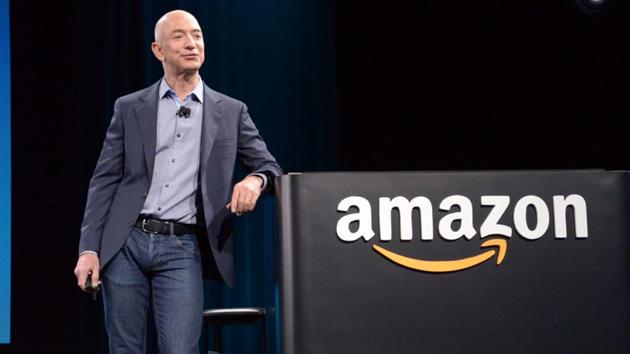
Amazon's web services are smart enough to make predictions
You no longer have to run a tech giant (or work in a lab) to take advantage of learning computers. Amazon has launched a machine learning feature for Web Services that lets any developer use this computer intelligence to make predictions. Instead of having to sift through data yourself and spend ages fine-tuning algorithms, you let Amazon's servers comb through the info and create predictions largely on their own. This potentially saves you a ton of time, especially if you're running a small outfit that can't afford a lot of servers -- Amazon claims that it took 20 minutes to solve one problem that previously took 45 days.

Microsoft came remarkably close to predicting all 24 Oscar winners
Cortana isn't the only part of Microsoft that's interested in predicting the future. David Rothschild, an economist with the company's New York research lab, was behind the team that successfully guessed six of last night's biggest Oscar winners, including the awards for best film, director, actor and actress. In fact, across all 24 categories they only slipped up on four -- original screenplay, original score, animated feature and film editing.

Police are using software to predict where crime will happen
Police are unlikely to ever have a Minority Report-like ability to get inside would-be criminals' heads, but they may already have the next-best thing. Developers like PredPol are offering "predictive policing" software that tells cops where and when crimes are likely to happen based on the location, the nature of the crime and the time of day. The software knows that there's a good chance that a burglary or gang slaying will lead to similar activity in a given area, or that you'll see drunken fights outside of a dive bar in the early morning. Theoretically, police just have to patrol these areas more often to stop crime before it starts.
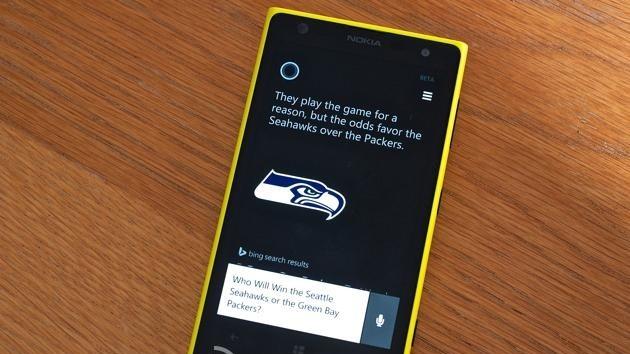
Windows Phone's Cortana assistant now predicts NFL football games
Windows Phone's Cortana assistant raised some eyebrows during the World Cup, when it accurately predicted all but one of the knockout matches (that Germany-Brazil upset caught nearly everyone off-guard). Microsoft was clearly happy with that result, as it's now applying those oracle-like abilities to NFL football games. Ask Cortana (or Bing on the web) who's likely to win an upcoming match and you'll quickly get a favorite. You sadly won't be told why that team will emerge victorious, although the Bing crew notes that the decision is based on a combination of stats, previous match-ups, and subtler criteria like stadium conditions. It'll be a long while before we know whether Cortana is as good at predicting American football as it is the international kind, but you can at least get her prognostications right away.

Analyst predicts that Destiny will sell between 15M and 20M units
I think we all know that Destiny is going to be a very big launch when it happens this September, but one analyst has put a number to that feeling: 15 to 20 million copies sold. Cowen & Company Analyst Doug Creutz has been tracking the progress of Destiny, saying that it has topped the company's rating chart: "We continue to believe that Destiny is a lock to sell at least 15 million copies. And we now view 20 million copies as increasingly likely." Creutz said that Destiny will help to sell PlayStation 4 and Xbox One consoles and predicted that the game will be purchased alongside with many of them. He also noted that Destiny may cannibalize sales from the Call of Duty franchise.

Researchers teach a computer to predict teen binge drinkers
Intervention during someone's teenage years is frequently the key to preventing alcohol abuse in adult life. It's good to know, then, that a group of scientists has found a way to predict that abuse at an early age using computer modeling. The approach teaches the computer how to spot a likely teen binge drinker by weighing 40-plus biological and social factors that include brain structure, any enabling genes, past events and personality traits. If a 13-year-old is already smoking because of an addictive personality or family influences, for instance, it's more likely that this child will pick up a dangerous drinking habit a few years later.

Stanford turns to Twitter to track earthquakes
It's easy to tell when an earthquake hits an area full of Twitter users -- there's frequently a rush of panicked tweets within seconds of the ground shaking. If Twitter and Stanford University have their way, though, those posts could be useful for more than just alerting friends. They've conducted research showing that geotagged tweets can help model the effects of a quake while it's happening. When you combine geological data with the volume of related tweets within a given radius, it's easier to determine the intensity of tremors and accurately track how they spread.








